
Mao and his policies have long been demonised in the West, with the Cultural Revolution considered a fundamental violation of human rights.
As China embraces capitalism, the Mao era is being surgically denigrated by the Chinese political and intellectual elite. This book tackles the extremely negative depiction of China under Mao in recent publications and argues most people in China, including the rural poor and the urban working class, actually benefited from Mao's policy of a comprehensive welfare system for the urban and basic health and education provision for the rural, which is being reversed in the current rush towards capitalism.
By a critical analysis of the mainstream account of the Mao era and the Cultural Revolution and by revealing what is offered in the unofficial e-media debates this book sets the record straight, making a convincing argument for the positive effects of Mao's policies on the well-being of the Chinese people.
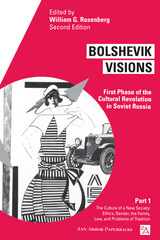
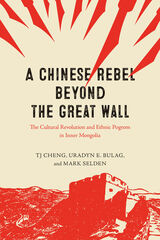
During the Great Leap Forward, as hundreds of thousands of Chinese famine refugees headed to Inner Mongolia, Cheng Tiejun arrived in 1959 as a middle school student. In 1966, when the PRC plunged into the Cultural Revolution, he joined the Red Guards just as Inner Mongolia’s longtime leader, Ulanhu, was purged. With the military in control, and with deepening conflict with the Soviet Union and its ally Mongolia on the border, Mongols were accused of being nationalists and traitors. A pogrom followed, taking more than 16,000 Mongol lives, the heaviest toll anywhere in China.
At the heart of this book are Cheng’s first-person recollections of his experiences as a rebel. These are complemented by a close examination of the documentary record of the era from the three coauthors. The final chapter offers a theoretical framework for Inner Mongolia’s repression. The repression’s goal, the authors show, was not to destroy the Mongols as a people or as a culture—it was not a genocide. It was, however, a “politicide,” an attempt to break the will of a nationality to exercise leadership of their autonomous region. This unusual narrative provides urgently needed primary source material to understand the events of the Cultural Revolution, while also offering a novel explanation of contemporary Chinese minority politics involving the Uyghurs, Tibetans, and Mongols.
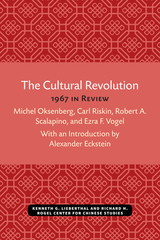
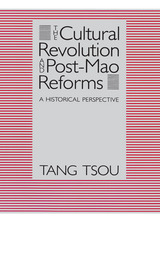
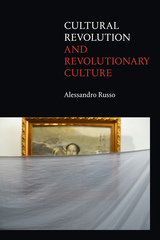
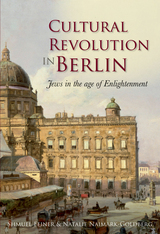

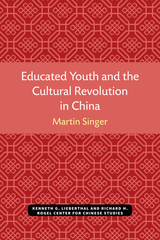
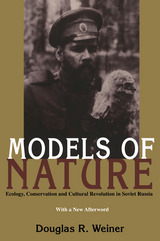
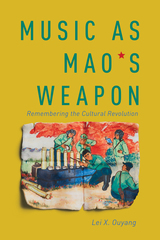
China's Cultural Revolution (1966-1976) produced propaganda music that still stirs unease and, at times, evokes nostalgia. Lei X. Ouyang uses selections from revolutionary songbooks to untangle the complex interactions between memory, trauma, and generational imprinting among those who survived the period of extremes. Interviews combine with ethnographic fieldwork and surveys to explore both the Cultural Revolution's effect on those who lived through it as children and contemporary remembrance of the music created to serve the Maoist regime. As Ouyang shows, the weaponization of music served an ideological revolution but also revolutionized the senses. She examines essential questions raised by this phenomenon, including: What did the revolutionization look, sound, and feel like? What does it take for individuals and groups to engage with such music? And what is the impact of such an experience over time?
Perceptive and provocative, Music as Mao's Weapon is an insightful look at the exploitation and manipulation of the arts under authoritarianism.


One of the most creative periods of Russian culture and the most energized period of the Revolution coincided in the fateful years 1913–1931. During this time both the Party and the intellectuals of Petersburg strove to transform backward Russia into a nation so advanced it would shine like a beacon for the rest of the world. Yet the end result was the Stalinist culture of the 1930s with its infamous purges.
In this new book, Katerina Clark does not attempt to account for such a devolution by looking at the broad political arena. Rather, she follows the quest of intellectuals through these years to embody the Revolution, a focus that casts new light on the formation of Stalinism. This revisionist work takes issue with many existing cultural histories by resisting the temptation to structure its narrative as a saga of the oppressive regime versus the benighted intellectuals. In contrast, Clark focuses on the complex negotiations between the extraordinary environment of a revolution, the utopian striving of both politicians and intellectuals, the local culture system, and that broader environment, the arena of contemporary European and American culture. In doing so, the author provides a case study in the ecology of cultural revolution, viewed through the prism of Petersburg, which on the eve of the Revolution was one of the cultural capitals of Europe. Petersburg today is in the national imagination of modern Russia, a symbol of Westernization and radical change.
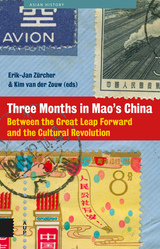
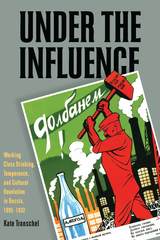
Under the Influence presents the first investigation of the social, cultural, and political factors that affected drinking and temperance among Russian and Soviet industrial workers from 1895 to 1932. Kate Transchel examines the many meanings of working-class drinking and temperance in a variety of settings, from Moscow to remote provinces, and illuminates the cultural conflicts and class dynamics that were deeply rooted in drinking rituals and the failure of attempted reforms by the Tsarist and Soviet authorities.
As the title suggests, workers were often under the influence of alcohol, but they were also under political influences that defined what it meant to be a Soviet worker. Perhaps more importantly, they were under deeper, prerevolutionary cultural influences that continued to shape lower-class identities after 1917. The more the Soviet state tried to control working-class drinking, the more workers resisted. Radical legislation, massive propaganda, and even coercion were not sufficient to motivate workers to abandon traditional forms of fraternization.
Under the Influence highlights working-class culture and underscores the limitations the Bolsheviks faced in attempting to create a cultural revolution to complete their social and political revolution.
READERS
Browse our collection.
PUBLISHERS
See BiblioVault's publisher services.
STUDENT SERVICES
Files for college accessibility offices.
UChicago Accessibility Resources
home | accessibility | search | about | contact us
BiblioVault ® 2001 - 2024
The University of Chicago Press









